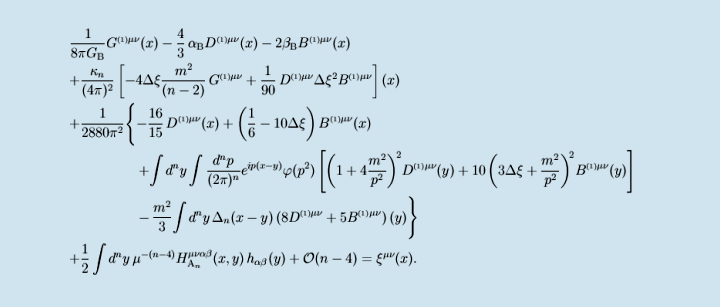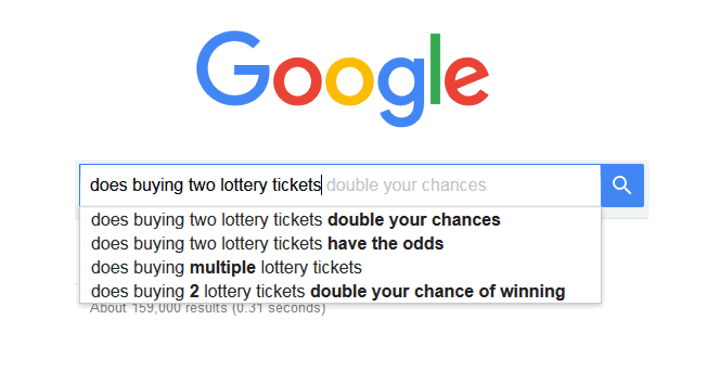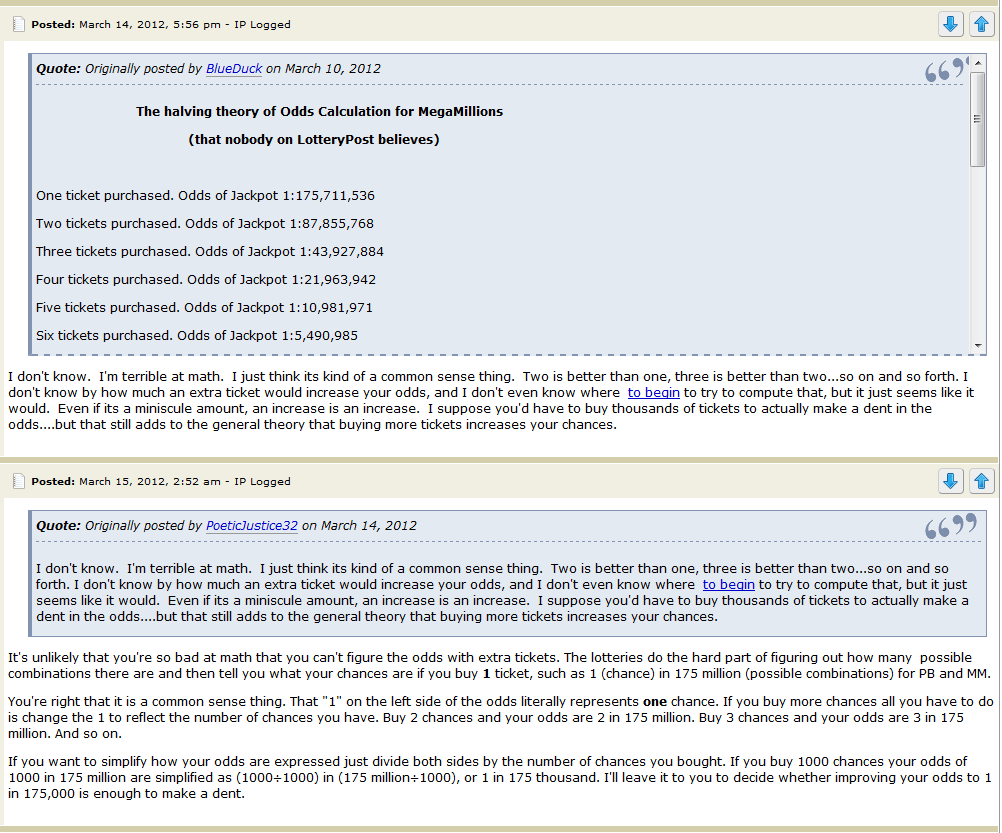
This is actually a version of the Einstein–Langevin Equation and is totally irrelevant to the topic.
Until early high school, I really loved mathematics. I was no super-genius or anything, but I was good at it, and really loved it. I’m not sure when math and I broke up, but I have vague recollections of the end of our relationship involving the simultaneous discovery of heavy petting, marijuana, and the electric guitar. Which is why I’ve been kicking myself today over what should be a fairly simple question, i.e: does buying two lotto tickets improve your chances of winning, and if so, by how much?
The question came up informally over breakfast with a friend. Neither of us was sure of the EXACT answer, and since we’re not the sort of blokes who make a habit out of talking out of orifices other than our mouths, we confessed our mutual ignorance, and I suggested that later in the day, I’d look it up on the internet. Because the internet, as we know, knows everything. This turned out to be a mistake, as it led to a bit of what I’ve elsewhere referred to as Rabbit Wholing.
The trouble began when rather than using boolean operators, I started with a natural language query on Google:

As you can see, Google’s autocomplete function tells us that a lot of people who can’t spell “halve” have done a similar search. Initially, I simply found this amusing. Little did I know that this would be pretty indicative of most of the results pages that I would find, which were largely comprised of threaded discussions in which deluded lotto addicts who are convinced they will find “the system” for winning butted heads with people with a decent understanding of math who would condescendingly tell the former what idiots they were, without ever actually providing a thorough explanation. One of the more terrifying of these threads goes on for some thirteen pages.
Here’s a reasonably representative example of two people talking authoritatively out of the wrong orifice:
As I continued to search, the Google SERPS were awash in this kind of nuttiness. Even StraightDope – which has long boasted in its tagline that it has been “Fighting ignorance since 1973” – served up this thread, wherein a person gave a reasonably sound (if incomplete) answer, only to have ten others dispute his assertion with proclamations that “IT’S JUST COMMON SENSE, YOU IDJUT!”, followed by inane logical fallacies involving coin-flipping, Ouija boards, and reading the entrails of small animals.
In the end, it became clear to me that if you taught high school algebra, this would probably be the best “story problem” in the history of story problems. Because although the math (which we’ll get to in a bit) isn’t all that complicated, the language used to ask the question, and the terminology required to clarify the answer, almost universally distort the simple concept beyond recognition.
So…what was the question?
I had almost forgotten – after an hour or so mindlessly scanning inane search results – what the original question was. But here’s a quick breakdown of where things tend to, er, break down. Many people – at least those who aren’t mathematically gifted – will start like this, thinking it is perfectly sensible:
The odds of winning are 1 in 258,890,850
If I buy two tickets, the odds will be half that, i.e. 1 in 129,445,425
The problem of course being that the odds don’t change at all; in any drawing structured like the US “Megamillions” game, there are 258,890,850 possible outcomes. This is fairly straightforward math, and explained pretty well (albeit with an older, slightly different version of the game) in this video:
So figuring out the odds of buying one winning ticket isn’t all that hard. But buying two tickets doesn’t change the original odds, it merely means you’ve changed a ratio very minutely, that is to say that instead of the odds being 258,890,850 to 1, they are now 258,890,849 to 1. So instead of having a 0.00000000386263169928% chance of winning, you have a 0.00000000772526339855% of winning.
Or something like that.
We may never know.
(By the way, if you’re a math smartypants and want to offer corrections, email us at stupidlottoquestion@innoculous.com and maybe we’ll share your information in an upcoming piece)





